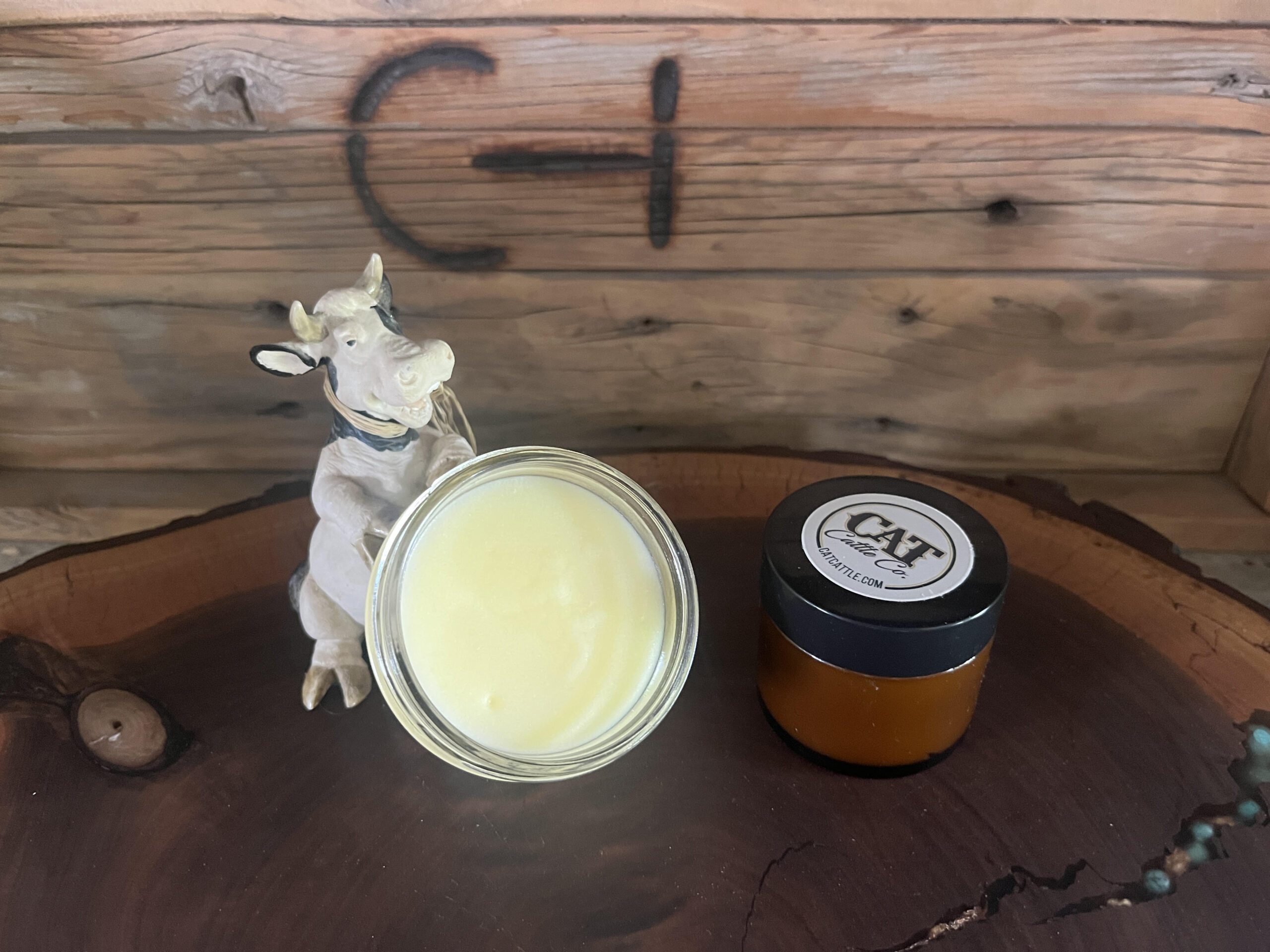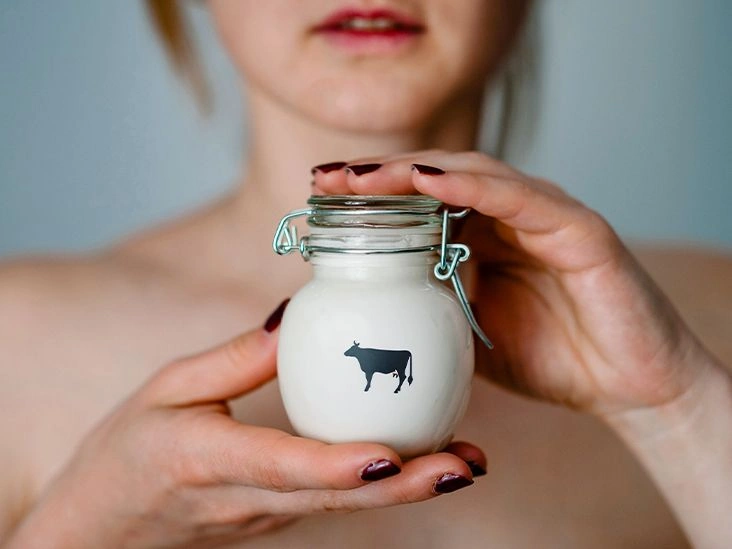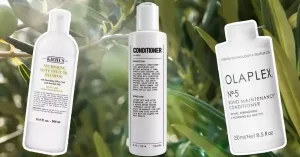Beef tallow has become a trendy topic online as a possible option for skin care. Yet, more investigation is required to determine the safety and true effectiveness of beef tallow when applied to skin.
Beef tallow is simply rendered cow fat that’s melted and then left to solidify at room temperature. Because of its texture when warmed, it’s frequently used as an oil substitute.
Tallow also carries several important nutrients, including vitamins A, D, and B12. Recently, many people have started incorporating it into their skin care routines, especially for managing dry skin.
Despite these claims, further study is necessary to fully understand how well beef tallow works on human skin and what risks it may pose.
What is the beef tallow skin care trend?
The use of beef tallow in skin routines has grown in popularity over recent years, largely fueled by social media trends. Tallow is rich in nutrients and is believed to help moisturize skin, particularly when left on for extended periods during the day or applied overnight.
When heated and then cooled, beef tallow adopts a balm-like texture, comparable to coconut oil, which makes it easy to spread across the skin.
Pure tallow is commonly sold without additional ingredients, though some vendors mix in honey for its reported skin benefits, such as softening skin and aiding in scar or wound healing.

It’s often promoted as a natural substitute for synthetic skin products. However, being marketed as “natural” does not mean it’s regulated—the Food and Drug Administration (FDA) has not approved it.
There are no established guidelines for sourcing beef tallow intended for human skin use, which means its safety and purity cannot be guaranteed.
What are the potential benefits of using beef tallow on your skin?
Research on humans using beef tallow for skin care is extremely limited.
A 2024 review looked into possible advantages of beef tallow for skin. The authors reported that tallow contains many nutrients—like vitamins A, D, K, E, and B12—that might support skin hydration and moisturization.
This could be helpful for people who frequently struggle with eczema, since tallow may assist in treating dryness and help skin retain moisture for longer periods.
Nonetheless, more research is needed to verify both the safety and effectiveness of beef tallow for skin, so health professionals cannot currently endorse it.
What are the potential risks of using beef tallow on your skin?
Because the risks haven’t been well studied, applying beef tallow to your skin could produce adverse effects.
Very little scientific work has examined beef tallow as a topical ingredient, so the full range of potential risks and side effects remains unclear.
Although tallow is a natural product, it can still provoke side effects when applied to the skin, such as:
- Allergic reaction: Some people may be sensitive or allergic to beef tallow even if they do not have a beef allergy.
- Breakouts: Tallow can quickly revert from a balm to an oily state, making it easy to overapply and leave excess on the skin. Because it can leave a greasy film, skin may pick up more bacteria from surfaces, which could increase the likelihood of acne.
- Sunburn: As tallow melts into an oil, it may make skin more photosensitive and raise the risk of sunburn.
- Interactions: Tallow could cause unknown negative interactions and potentially worsen existing skin conditions.
Frequently asked questions
What are the negative effects of tallow for skin?
Tallow can be comedogenic, meaning it may clog pores and raise the risk of acne and other pore-related issues.
Is beef tallow safe to use on skin?
Beef tallow is an unregulated product that has not been approved by the FDA. There are no established best practices for sourcing beef tallow for topical use, so its safety cannot be confirmed.
Takeaway
Beef tallow has become popular online as a potential skin care ingredient.
However, the possible side effects and risks of applying beef tallow to skin are not well understood. Additional research is necessary to clarify its safety and effectiveness before it can be recommended for routine skin care use.

























Leave a Reply
You must be logged in to post a comment.